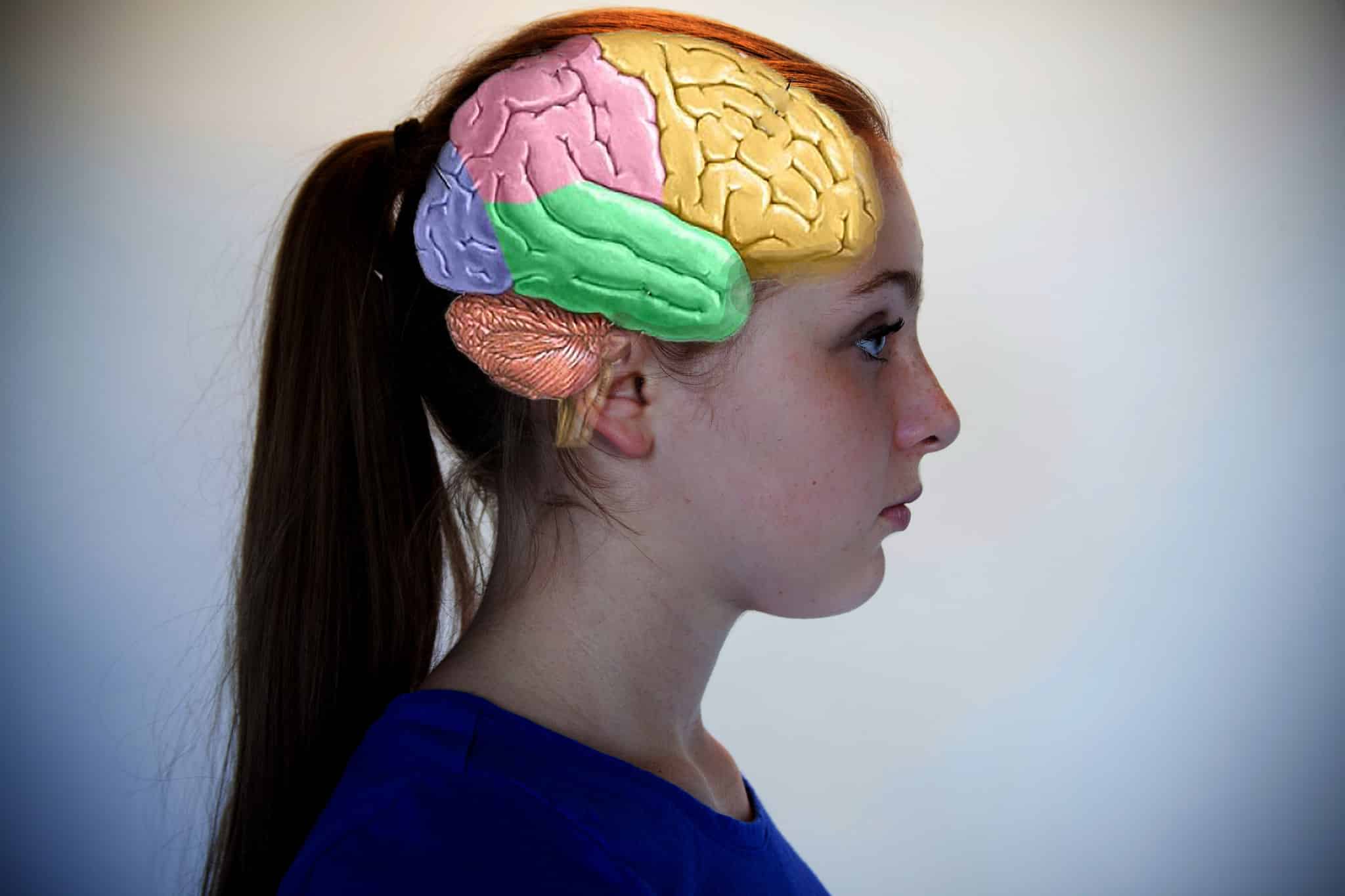

A team of French researchers has reported encouraging results from a new non-invasive therapy to cure severe depression using low-intensity focused ultrasound. The study, published in the journal Brain Stimulation, marks a potential breakthrough in treating patients who do not respond to standard medications.
Major depression remains the most common mental health disorder globally. One in five people is expected to experience it in their lifetime. In France, thousands of deaths each year are linked to suicide, associated with depression.
A 2021 health survey by Public Health France found that 12.5 percent of adults aged 18 to 85 had experienced a major depressive episode in the previous year.
Antidepressants are the most widely used treatment, but they often take several weeks to show effects. Roughly one-third of patients do not respond adequately to these drugs, creating an urgent need for faster and more effective alternatives.
One emerging approach is brain stimulation, which targets deep brain regions involved in mood regulation. Traditionally, this has required surgical implantation of electrodes, a method limited by significant risk and accessibility concerns.
In response, scientists from GHU Paris, Inserm, CNRS, Université Paris Cité, and ESPCI Paris-PSL developed a portable device that delivers sound waves through the skull to stimulate specific brain areas, without surgery.
The technique, called precision transcranial ultrasound stimulation, uses acoustic lenses to guide the waves with high accuracy. These lenses are individually tailored for each patient, compensating for the skull’s uneven thickness, which previously made precise targeting difficult.
Researchers Jean-François Aubry, Thomas Tiennot, and Mickael Tanter at the Institut Physique pour la Médecine developed the lens technology. The team patented the innovation and co-founded the startup SonoMind to accelerate its clinical use.
To test the device’s safety, the research team conducted a small clinical trial involving five patients with treatment-resistant depression. Each patient received five consecutive days of ultrasound stimulation targeting a deep brain area called the subcallosal cingulate.
The patients tolerated the treatment well, reporting no pain or discomfort. No serious side effects were observed. By the end of the trial, participants showed an average reduction of more than 60% in depression severity scores.
The researchers pointed out that these results must be viewed carefully, as this was a preliminary safety study involving a small group of patients with no placebo control.
Further trials involving larger groups of patients are already planned. If confirmed, the treatment could extend beyond depression to other fields such as psychiatry, addiction medicine, and neurology.
The study builds on more than two decades of research into how sound waves can safely and effectively pass through the skull to influence brain activity, marking a new chapter in personalized mental health care.
